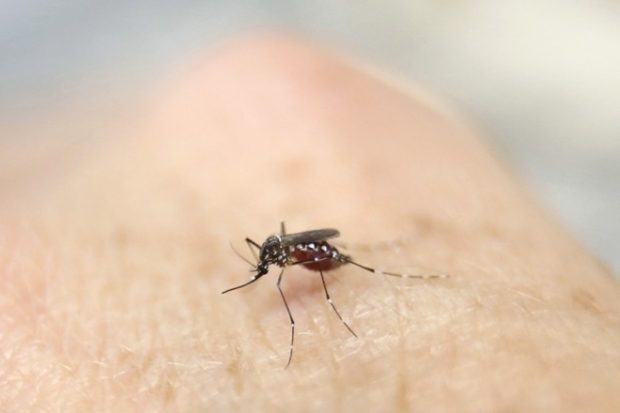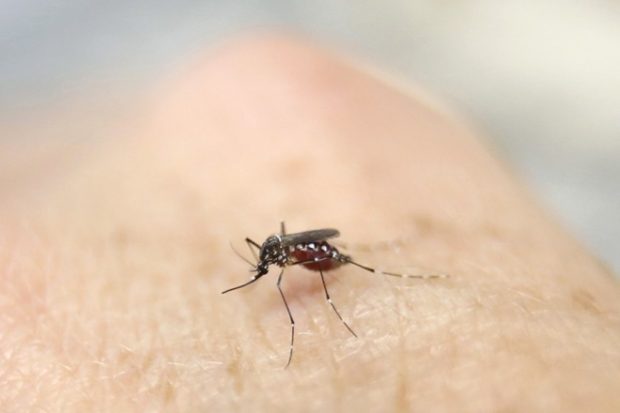Bacteria can block mosquitoes from transmitting Zika virus: study
Sat 02 Jul 2016, 11:53:52
A benign bacterium can completely block transmission of Zika virus in Aedes aegypti, the mosquito species responsible for passing the virus to humans, a new study has confirmed.
The bacteria could present a "novel biological control mechanism," aiding efforts to stop the spread of Zika virus, said Matthew Aliota from University of Wisconsin-Madison (UW-Madison) in the US.
Scientists believe that the Zika virus is responsible for a host of brain defects in developing foetuses, including microcephaly, and has contributed to an uptick in cases of a neurological disorder called Guillain-Barre syndrome. There are not yet any approved Zika virus vaccines or antiviral medications, and ongoing mosquito control strategies have not been adequate to contain the spread of the virus.
An important feature of Wolbachia bacterium is that it is self-sustainable, making it a very low-cost approach for controlling mosquito-borne viral diseases that are affecting many tropical countries around the world, researchers said.
Wolbachia can be found in up to 60 per cent of insects around the world, including butterflies and bees. While not typically found in the Aedes aegypti mosquito - the species also transmits dengue, chikungunya and yellow fever viruses.
Scott O'Neill from Monash University in Australia discovered in the 1990s that Wolbachia could be introduced to the mosquito in the lab and would prevent the mosquitoes from transmitting dengue virus.
For the study, researchers infected mice with Zika virus
originally isolated from a human patient and allowed mosquitoes to feed on the mice either two or three days after they were infected.
originally isolated from a human patient and allowed mosquitoes to feed on the mice either two or three days after they were infected.
The mosquitoes were either harbouring the same strain of the Wolbachia bacteria (called wMel) used in field studies or were Wolbachia-free and the mice had levels of virus in their blood similar to humans infected with Zika virus.
An additional group of mosquitoes, both wild-type and Wolbachia-infected, was allowed to feed instead from a membrane containing sheep's blood spiked with a high concentration of Zika virus, per other standard laboratory studies, researchers said.
Four, seven, 10 and 17 days after the mosquitoes fed on Zika-virus-infected blood, researchers tested them for Zika virus infection, assessed whether the virus had disseminated - or spread to other tissues in the mosquito, and examined whether the virus made its way to the mosquito saliva, where it must be present to be transmitted.
They found that mosquitoes carrying Wolbachia were less likely to become infected with Zika virus after feeding on viral blood, and those that were infected were not capable of transmitting the virus in their saliva.
"We saw reduced vector competence in Aedes aegypti with Wolbachia. Mosquitoes with Wolbachia were less capable of harbouring Zika virus, and though they do get infected with Zika, it is to a lesser extent than wild-type mosquitoes," said Jorge Osorio from UW-Madison.
The findings were published in the journal Scientific Reports.
No Comments For This Post, Be first to write a Comment.
Most viewed from Health
AIMIM News
Latest Urdu News
Most Viewed
May 26, 2020
Is it right to exclude Bangladesh from the T20 World Cup?
Latest Videos View All
Like Us
Home
About Us
Advertise With Us
All Polls
Epaper Archives
Privacy Policy
Contact Us
Download Etemaad App
© 2026 Etemaad Daily News, All Rights Reserved.



























.jpg)
.jpg)
.jpg)


